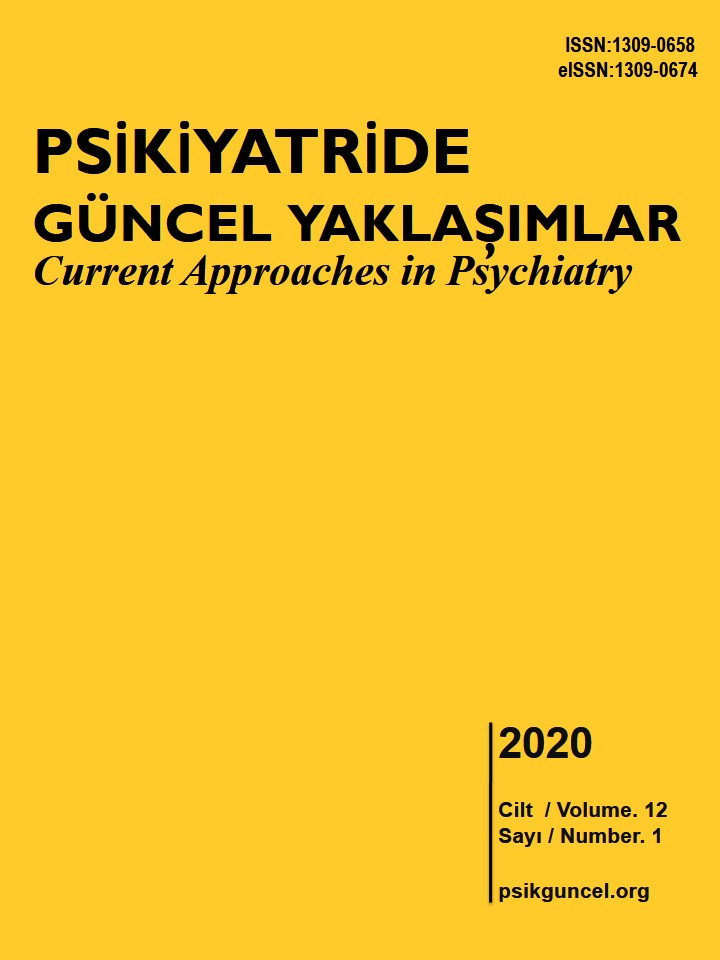Effectiveness of Cognitive Behavioral Therapy for Smoking Cessation: A Systematic Review
Effectiveness of Cognitive Behavioral Therapy for Smoking Cessation: A Systematic Review
Author(s): Zeynep Hilal Çelik, Oya Mortan SeviSubject(s): Cognitive Psychology, Clinical psychology, Behaviorism
Published by: Çukurova Universitesi Tip Fakultesi Psikiyatri Anabilim Dalı
Keywords: smoking cessation; cognitive-behavioral therapy; treatment; intervention;
Summary/Abstract: Smoking has become one of the most prevalent problems worldwide that causes significant illnesses even deaths. To specify, it has been found that people suffer from cancers, heart diseases and strokes due to the use of tobacco. As soon as the investigations about this field progressed, researchers discovered the physiological and psychological dependence behind smoking. By the reason of its hazardous consequences, a variety of treatment options are now available. Cognitive Behavioral Therapy (CBT) is accepted as an effective method in treatment of smoking cessation. In this article, it is aimed to review the studies which investigate the effect of CBT on smoking cessation. For this purpose, MEDLINE, PsychINFO and PsychARTICLE databases has been searched and studies that include CBT intervention are selected based on defined inclusion and exclusion criteria. Specifically, the studies in which the participants are not diagnosed with any psychological or physiological disorder, older than 18 years, and does not use any kind of medication were included to the review. 20 studies fitting the including criteria are assessed in detail. As a result, CBT-based treatments can be accepted as a successful method for smoking cessation, especially when combined with medication and NRT.
Journal: Psikiyatride Güncel Yaklaşımlar
- Issue Year: 12/2020
- Issue No: 1
- Page Range: 54-71
- Page Count: 18
- Language: English

